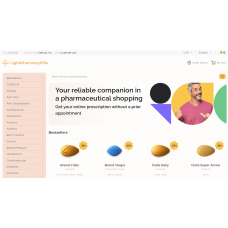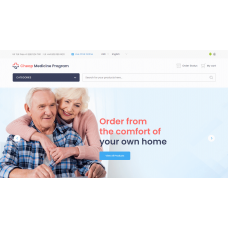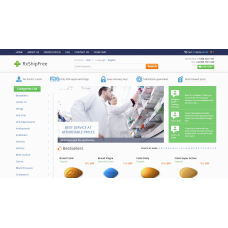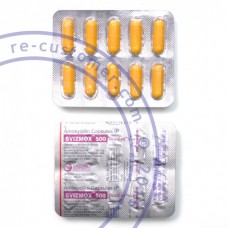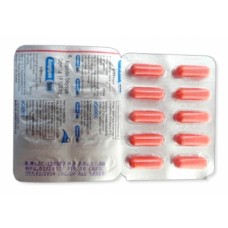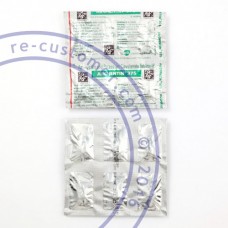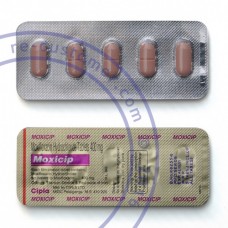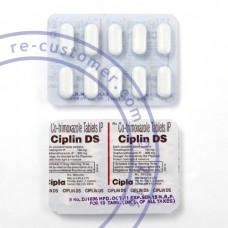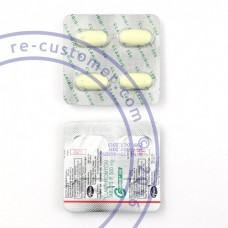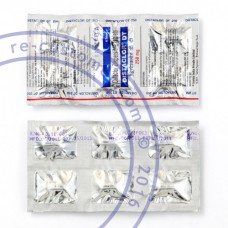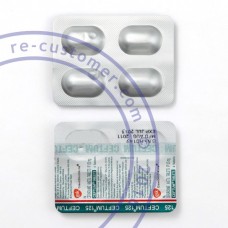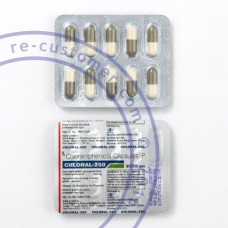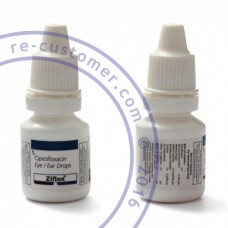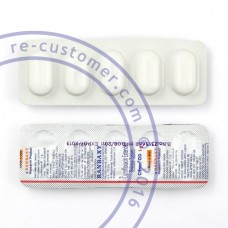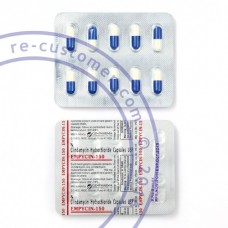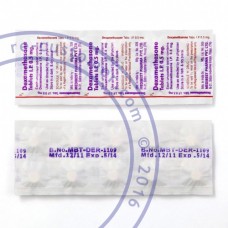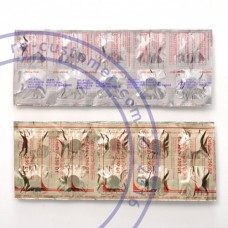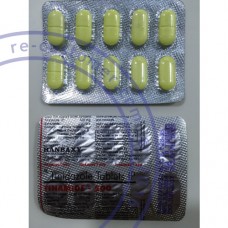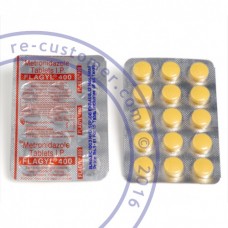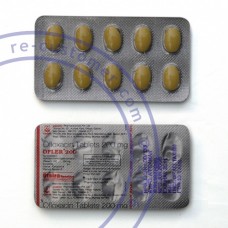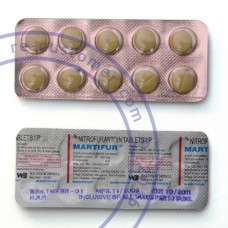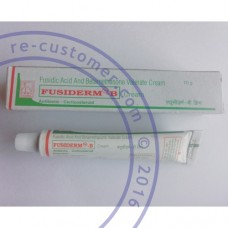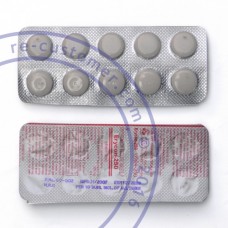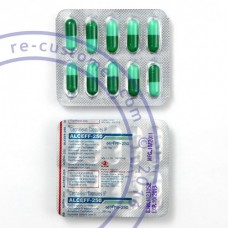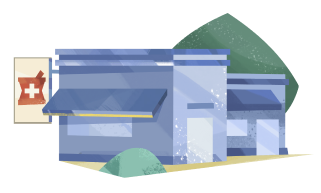
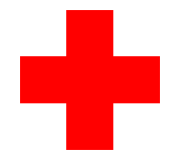
When you get sick drugs usually bring relief. However, it is not that easy if to use antibiotic.
Antibiotics in pharmacology called medicinal substances that can kill bacteria, fungi and tumors or stop their reproduction and growth. For the treatment of a certain disease you can use only certain antibiotics because the mechanism of its action is significantly different.
You need to follow simple rules during taking antibiotics. They do not relieve inflammation and do not work against cough if the cough is due to viral infection, allergy, asthma, bronchial hypersensitivity, etc. Antibiotics do not help with intestinal disorders. We should add also that antibiotics do not relieve fear and anxiety especially for parents of young children. The most widespread misleading is that they help in flu, viral infections and reduce the temperature.
It can be combined with homeopathic treatment. In addition, antibiotics are much more effective in acute infection (fever, signs of purulent infection, etc.), and almost useless in chronic infections. During the treatment you need time to evaluate their effectiveness.
If within two or three days you don’t notice positive dynamics then you should change antibiotic to another. During taking bacteriostatic antibiotic effect occurs in 3-4 days, duration of treatment is 10 days. During the treatment with acaricidal antibiotics effect occurs in the first or second day, duration of treatment is 5-7 days.
- In which cases you don’t need to take it?
In cases of viral infections which include colds. Antibiotics act on bacterial cell but their action on viruses is completely powerless. This means that treating the flu and colds with it is useless and even harmful.
Most of the diseases at an early stage do not require it. It is enough, for example, a nasal or throat spray. Frequent and unsustainable use of antibiotics leads to the fact that bacteria develop resistance to them and drugs are no longer act on them. And when you really need antibiotics it will be difficult for doctor to choose a medication.
- In which cases you need to take it?
If you have symptoms of severe bacterial infections: persistent fever, purulent discharge, changes in blood composition.
If the patients refuse of antibiotics it could end up with severe complications, such as sepsis.
It is also worth knowing that nowadays many serious infections occur without high temperature (for example pneumonia and bronchitis). Therefore any painful symptoms continuing a long time require a doctor's advice. After the surgery any bacterial infection is able to kill the weakened body. Therefore doctors usually prescribe a prophylactic course of antibiotics: the harm of their side effects is less than from infectious complications.
- Basic rules of consumption.
It is necessary to drink a full course of medications because some people take antibiotics two-three days and as soon as feel better immediately stop taking drugs. You cannot do it in any case. Firstly there is the risk of infection and to earn a chronic inflammation and secondly it contributes to the emergence of antibiotic-resistant bacteria. Ask your doctor about the way you should take them: with or without the meal because some antibiotics are absorbed only on an empty stomach while others must be taken with food as they damage the gastric mucosa.
Do not drink milk or juice with antibiotics, use just water. After a course of antibiotics you need to drink probiotics to restore the intestinal microflora.
Antibiotics are prescribed for viral infections only in case of bacterial complications (e.g. if because of flu developed pneumonia caused by bacteria or common cold were complicated by purulent otitis or tonsillitis).
A group of New Zealand scientists conducted an experiment with 59 women that complained about painful and frequent urination. The analysis results showed that none of them had infection of the urogenital system. According to the results published in the British Medical Journal 74% of the participants of the experiment treated with antibiotics felt well after 3 days which is on 2 days earlier than 24% of women taking placebo.
Remember: it is dangerous to take antibiotics! If to use often these medicines then it is fraught with the fact that you start to get sick more often. Another danger of antibiotics is allergy to it. Very few people can have it but if you have it then you should warn doctors and especially hospitals about its presence.
